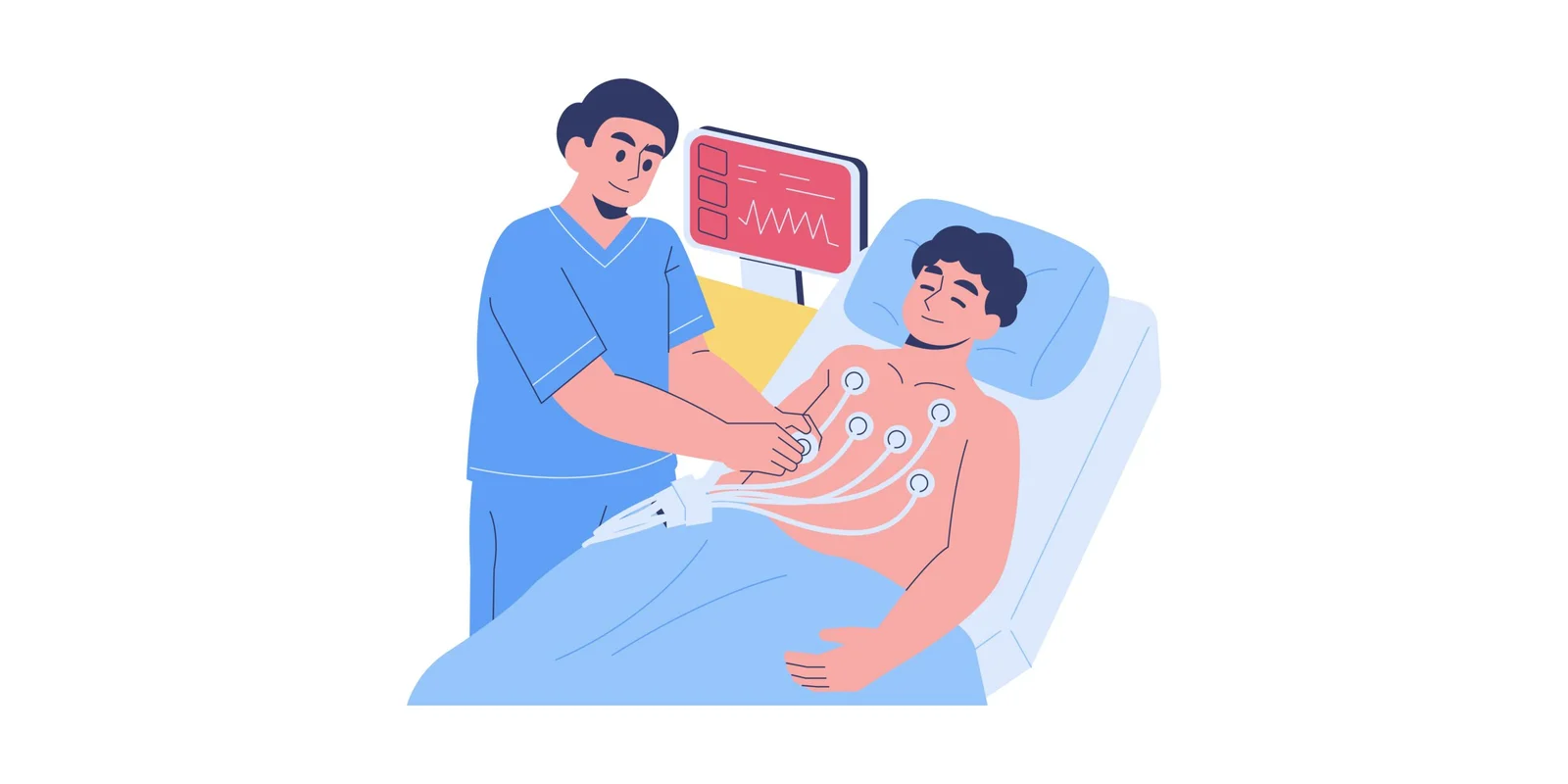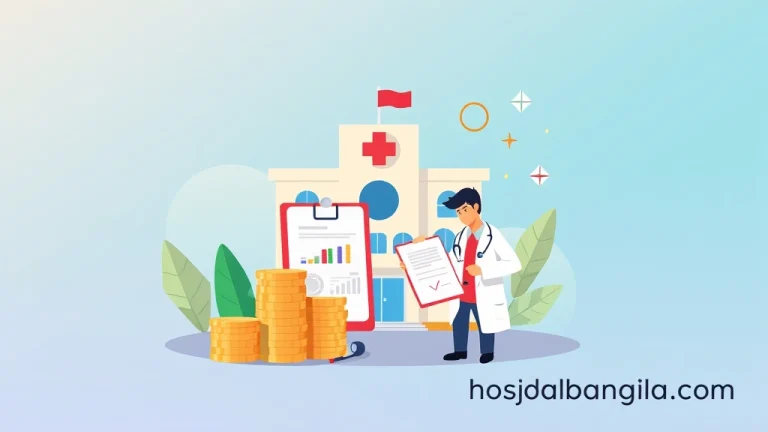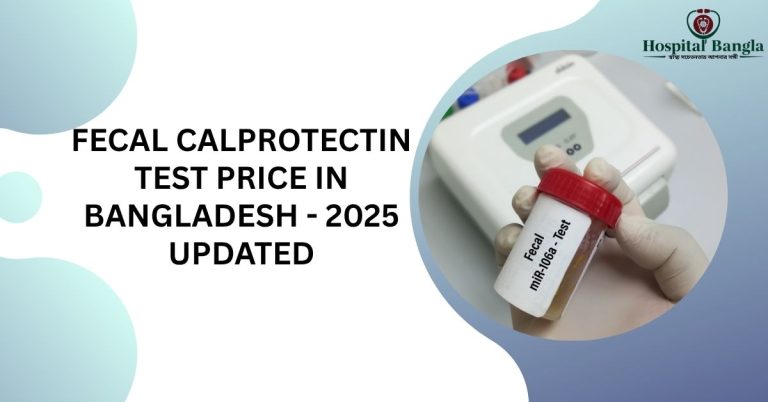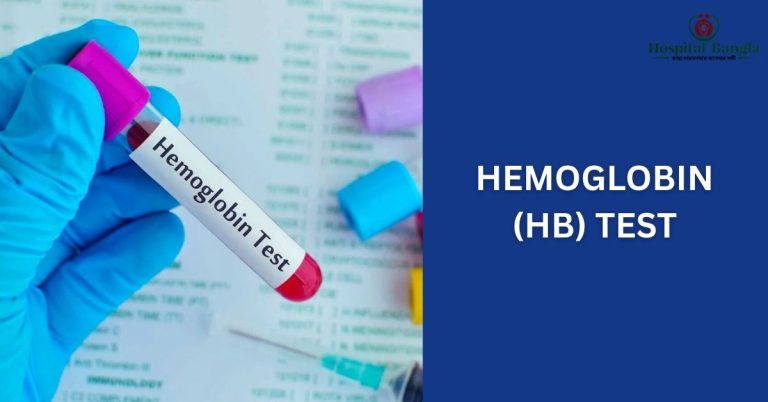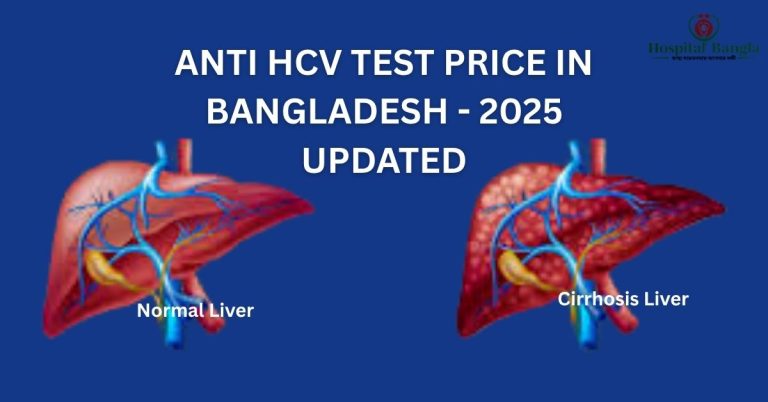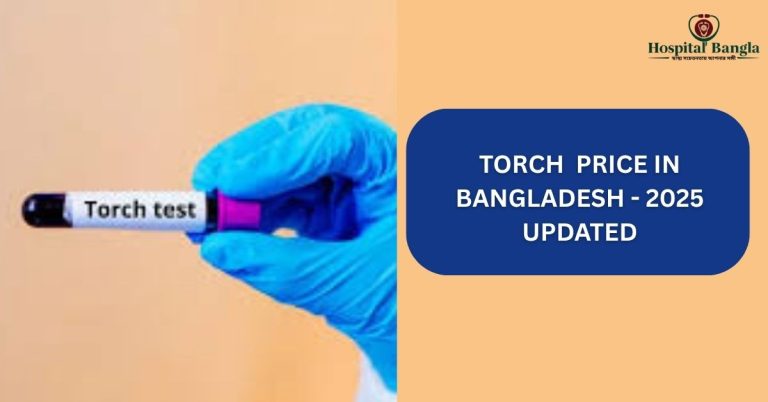Comprehensive Guide to ECG Tests in Bangladesh
An Electrocardiogram (ECG) test is a non-invasive diagnostic procedure that records the electrical activity of the heart. This vital test helps healthcare professionals evaluate heart function and diagnose various cardiac conditions by detecting irregularities in heart rhythm and structure. In Bangladesh, ECG tests are widely available in both government and private healthcare facilities. The ECG test price in Bangladesh typically ranges from 80 to 400 BDT, making it one of the more affordable cardiac diagnostic tools. This accessibility has made ECG testing a cornerstone of cardiac care across the country, enabling early detection and management of heart conditions.
What is an ECG Test?
An Electrocardiogram (ECG or EKG) is a simple, painless test that records the heart’s electrical activity. The test captures this activity through electrodes placed on the skin of the chest, arms, and legs, which detect the electrical signals produced by each heartbeat.
The ECG provides critical information about:
- Heart rate and rhythm (whether regular or irregular)
- The size and position of the heart chambers
- Any damage to the heart muscle or tissue
- The effects of cardiac medications or devices like pacemakers
This test is also known by several other names:
- EKG (from the German term “Elektrokardiogramm”)
- 12-lead ECG (referring to the standard 12 different electrical views of the heart)
- Cardiac electrical recording
- Heart tracing
The ECG machine translates these electrical signals into waves printed on paper or displayed on a monitor. These wave patterns help doctors identify various heart conditions by showing how electrical impulses travel through the heart with each beat.
When is an ECG Test Recommended?
Doctors recommend ECG tests in various situations to evaluate heart health and function. Common reasons include:
Symptoms that may indicate heart problems:
- Chest pain or discomfort
- Shortness of breath
- Palpitations or irregular heartbeats
- Dizziness or fainting spells
- Rapid or slow heart rate
Medical conditions requiring heart monitoring:
- Hypertension (high blood pressure)
- Coronary artery disease
- History of heart attack
- Heart failure
- Congenital heart defects
ECG tests are also routinely performed as part of:
- Pre-operative assessments
- Regular health check-ups, especially for individuals over 40
- Sports physicals for athletes
- Monitoring the effects of heart medications
- Follow-up after cardiac procedures or surgeries
Doctors use ECG results to diagnose conditions such as arrhythmias (irregular heart rhythms), heart attacks (both recent and past), enlarged heart chambers, and conduction abnormalities. The test serves as both a diagnostic tool and a screening method for heart disease, particularly in patients with risk factors or family history of heart conditions.
ECG Test Preparation
Preparing for an ECG test is relatively simple, but following these guidelines helps ensure accurate results:
Before the Test:
- No specific fasting is required for a standard ECG
- Avoid applying oils, lotions, or powders on your chest and arms on the day of the test
- Wear comfortable, loose-fitting clothing that can be easily removed or adjusted
- Inform your doctor about all medications you’re taking, as some can affect ECG results
Medications that may affect ECG results:
- Beta-blockers
- Calcium channel blockers
- Digitalis medications
- Certain antidepressants
- Electrolyte-altering medications
During the Test:
- You’ll lie down on an examination table
- Electrodes (small, sticky patches) will be attached to your chest, arms, and legs
- You’ll need to remain still and breathe normally during the recording
- The entire procedure typically takes 5-10 minutes
- The test is painless and non-invasive
It’s important to remain relaxed during the test, as anxiety can sometimes affect heart rate and rhythm. The technician may ask you to hold your breath briefly during certain parts of the recording to minimize muscle movement that could interfere with the results.
ECG Test Price List in Government Hospitals in Bangladesh
| Hospital Name | Location | ECG Test Price (BDT) | Contact Number |
|---|---|---|---|
| National Institute of Laboratory Medicine and Referral Centre | Sher-e-Bangla Nagar, Dhaka | 80 | 02-55165088 |
| Dhaka Medical College Hospital | Dhaka | 80 | 02-55165088 |
| Chittagong Medical College Hospital | Chittagong | 80 | 031-630335 |
| Rajshahi Medical College Hospital | Rajshahi | 80 | 0721-772150 |
| Sylhet MAG Osmani Medical College Hospital | Sylhet | 80 | 0821-713667 |
| Khulna Medical College Hospital | Khulna | 80 | 041-760350 |
| Rangpur Medical College Hospital | Rangpur | 80 | 0521-62103 |
ECG Test Price List in Private Hospitals in Bangladesh
| Hospital/Diagnostic Center | Location | ECG Test Price (BDT) | Contact Number |
|---|---|---|---|
| Popular Diagnostic Centre | Multiple Locations | 400 | 09613787801 |
| Dhaka Community Medical College Hospital | Dhaka | 230 | 02-58317906 |
| Labaid Specialized Hospital | Dhaka | 400 | 02-9676356 |
| Ibn Sina Hospital | Dhaka | 400 | 02-9126625 |
| Square Hospitals Ltd | Dhaka | 400 | 02-8144400 |
| United Hospital | Dhaka | 400 | 02-8836444 |
| Evercare Hospital | Dhaka | 400 | 02-55037242 |
| Delta Hospital | Dhaka | 400 | 02-9120588 |
| National Hospital | Chittagong | 400 | 031-2550550 |
| Epic Hospital | Dhaka | 400 | 02-9128694 |
Understanding ECG Test Results
Interpreting ECG results requires medical expertise, but understanding the basics can help you have more informed discussions with your healthcare provider.
Normal ECG Findings:
- Regular heart rhythm with heart rate between 60-100 beats per minute
- Consistent P waves, QRS complexes, and T waves with normal duration and amplitude
- Normal intervals between waves (PR interval, QT interval)
- No significant ST segment elevation or depression
Abnormal ECG Findings and What They May Indicate:
- Arrhythmias: Irregular heart rhythms such as atrial fibrillation, tachycardia, or bradycardia
- Conduction abnormalities: Blocks in the electrical pathways (heart blocks)
- Myocardial infarction (heart attack): ST segment elevation or Q waves
- Ventricular hypertrophy: Enlarged heart chambers
- Electrolyte imbalances: Altered T waves or QT intervals
- Pericarditis: Widespread ST elevation
Factors that can affect ECG results:
- Body position during the test
- Anxiety or stress
- Electrolyte imbalances
- Certain medications
- Body habitus (especially obesity)
- Improper electrode placement
You should consult a doctor immediately if your ECG shows significant abnormalities or if you experience symptoms like chest pain, shortness of breath, or palpitations, even with a normal ECG. Remember that some heart conditions may not always show up on an ECG, especially if they occur intermittently.
Frequently Asked Questions
1. How accurate is an ECG test?
ECG tests are generally very accurate for detecting certain heart conditions, particularly rhythm disorders and ongoing heart attacks. However, they may not detect all heart problems, especially those that occur intermittently. Sometimes, additional tests like Holter monitoring, echocardiograms, or stress tests may be needed for a comprehensive evaluation.
2. How long does it take to get ECG results?
In most facilities in Bangladesh, ECG results are available immediately after the test is performed. The recording takes only a few minutes, and the interpretation can be done within 10-15 minutes by a qualified healthcare professional. Some hospitals may provide a detailed report within a few hours.
3. Is ECG testing covered by health insurance in Bangladesh?
Most health insurance plans in Bangladesh cover ECG testing, especially when ordered by a physician for diagnostic purposes. However, coverage policies vary between insurance providers. It’s advisable to check with your specific insurance company regarding coverage details and any required pre-authorizations.
4. How often should I get an ECG test?
For healthy individuals without symptoms or risk factors, routine ECGs are not necessary. However, adults over 40 years may benefit from a baseline ECG during regular check-ups. People with heart disease, high blood pressure, diabetes, or a family history of heart problems may need more frequent ECGs as recommended by their doctor, typically annually or biannually.
5. What’s the difference between an ECG and an echocardiogram?
While both tests evaluate heart function, they provide different information. An ECG records the electrical activity of the heart, while an echocardiogram (echo) uses ultrasound waves to create images of the heart’s structure and movement. Echocardiograms can show the size, shape, and movement of heart valves and chambers, which ECGs cannot detect. Echocardiograms are also significantly more expensive in Bangladesh, typically ranging from 1,500 to 3,600 BDT.
6. Can I eat or drink before an ECG test?
Yes, there are no food or drink restrictions before a standard ECG test. However, it’s best to avoid caffeine and stimulants that might affect your heart rate. Always follow any specific instructions provided by your healthcare provider.
7. Will I need to shave my chest for an ECG?
In some cases, particularly for men with significant chest hair, a small area might need to be shaved to ensure proper electrode contact with the skin. The technician will handle this if necessary, using disposable razors for hygiene.
Conclusion
The ECG test remains one of the most valuable and accessible diagnostic tools for evaluating heart health in Bangladesh. Its affordability, with prices ranging from 80 to 400 BDT, makes it widely available across both government and private healthcare facilities throughout the country. This non-invasive test provides critical information about heart rhythm, rate, and overall cardiac function, enabling early detection and management of various heart conditions.
When considering where to get an ECG test, it’s worth comparing prices among different facilities while ensuring the test is performed by qualified technicians and interpreted by experienced healthcare professionals. Government hospitals offer the most affordable options, while private facilities may provide additional comfort and potentially faster service.
Remember that while the ECG test price in Bangladesh is relatively low compared to other cardiac investigations, the value of this test in detecting potentially life-threatening conditions is immeasurable. If you experience any cardiac symptoms or have risk factors for heart disease, don’t hesitate to consult with a healthcare provider about whether an ECG test is appropriate for you. Early detection and intervention can significantly improve outcomes for many heart conditions.

